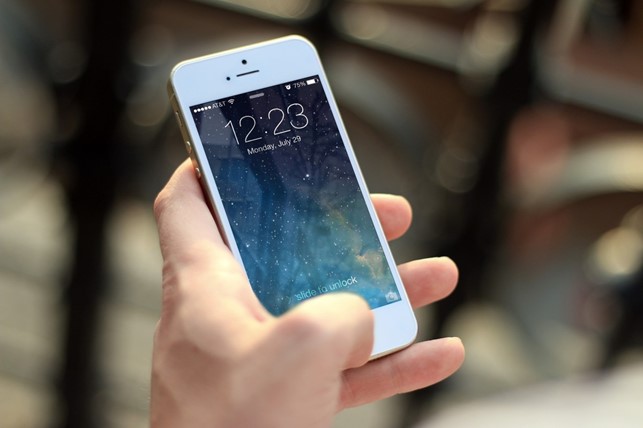
The negative effects of excessive use of smartphones during holidays
Intensive use of the smartphone during holidays prevents the brain from reaching the necessary rest
Holidays have become increasingly synonymous with digital connectivity in recent years. Smartphones, tablets and laptops accompany us everywhere, offering constant access to information and entertainment. However, this constant connection could have a negative impact on our ability to relax and regenerate during vacation periods.
The connection prevents relaxation
According to neurobiologist Martin Korte, intensive use of the smartphone during holidays can significantly compromise the benefits of rest. The brain needs periods of disconnection to process accumulated information, consolidate memory and restore mental energies. Notifications, work emails and social media content we are constantly exposed to through our devices trigger a series of reactions in the brain that promote stress and anxiety. This continuous bombardment of stimuli prevents the brain from entering a state of deep rest, necessary for cognitive recovery.
The negative effects of prolonged use of the smartphone during holidays:
- Decreased concentration: Constant distraction from notifications makes it difficult to focus on the activities of the moment, reducing the quality of the experience
- Circadian rhythm changes: Exposure to blue light from electronic devices can interfere with the circadian rhythm, making it difficult to fall asleep and get a good night’s sleep
- Increased stress: Constant connection and fear of losing something can generate a sense of anxiety and stress, compromising psychological well-being
- Memory loss: Scientific studies have shown that excessive use of digital devices can impair the ability to store information and learn new skills
How to maximise holiday benefits
To make the most of your holiday and encourage full psycho-physical recovery, it is essential to minimise the use of electronic devices. Here are some practical tips:
- Set limits: Set specific times to check emails and messages, and devote time exclusively to recreational activities
- Create “no phone” zones: Identify environments, such as the bedroom or beach, where the use of the phone is prohibited
- Trying new activities: Discovering new passions and engaging in activities that stimulate creativity and curiosity can help distract the mind and reduce stress
- Cultivating social relationships: Spending time with friends and family, without the mediation of digital devices, can strengthen emotional bonds and promote psychological well-being


